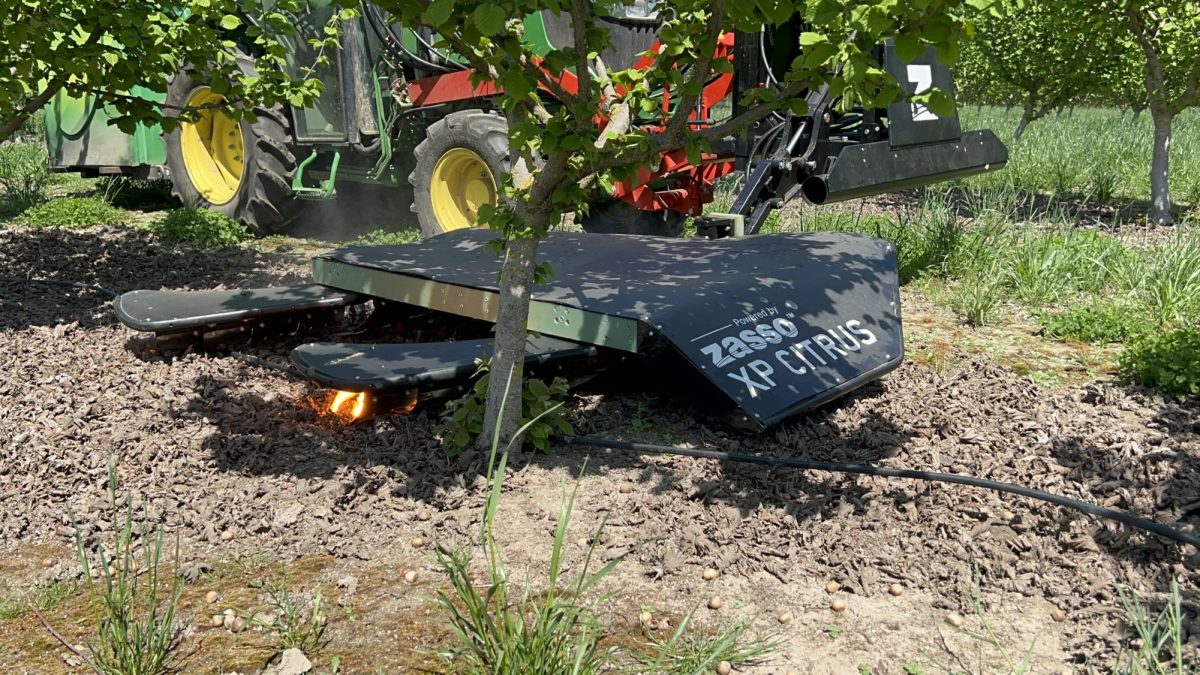Over 800 multi-generational farms, more than 45,000 acres and $500,000 from a multinational company could pave the way for the future of hazelnuts in Oregon and beyond.
The Ferrero company, an Italian based confectionery company, has provided funds to Oregon State University’s agricultural research foundation to support research on the valuable crop.
The company makes several products out of hazelnuts, including Nutella and Ferrero Rocher.
One of the researchers whose work is supported by the funding is Marcelo Moretti, who researches non-chemical weed management and has been working with hazelnut orchards in the Willamette Valley and on campus since 2021.
Moretti’s lab has found an effective way to use electricity to manage weeds as an alternative to chemical use or tillage, which both can have damaging lingering effects on the soil and carbon emissions.
“We’re finding a new way forward that wasn’t really available to growers and that came because of partnership with (companies investing into the technology) and we’re helping to develop it,” Moretti said.
Moretti’s research now is focused on measuring the long term effect of the practice and its potential to make the technology more cost effective.
“Now (with this funding) I can look into long term effects because I’m not chasing money every time, I have it locked in, so I’m chasing the question, which is why we’re here,” Moretti said.
While just 5% of the global supply of hazelnuts is grown in Oregon – the market largely produced by Turkey and Italy – it accounts for 99% of the supply within the United States.
Moretti explained that the U.S. and specifically Oregon’s Willamette Valley hazelnuts are growing in global importance as there may be an appeal to the region’s ability to produce “quality hazelnuts that they can trace back.”
This means the buyers can find where the product was grown and methods such as use of pesticides and potential pesticide residue, and is one reason the Ferrero company may be supporting research here.
Another suspicion as to why Ferrero is funding projects here is due to upcoming regulations within the U.S. that will make non-chemical crop management techniques even more important for growers.
“I think the key part from (Ferrero’s) perspective is that the Oregon hazelnut industry (is) growing and becoming ever more important in the global market,” Moretti said.
According to an article by the OSU Foundation, who spoke with Ferrero’s head of agricultural competence center, Tommaso De Gregorio, the company is interested in supporting the sustainability of hazelnut production.
“OSU is already doing what needs to be done in terms of consistently investing in research, and we want to allow that research to continue,” De Gregorio said.













































































































